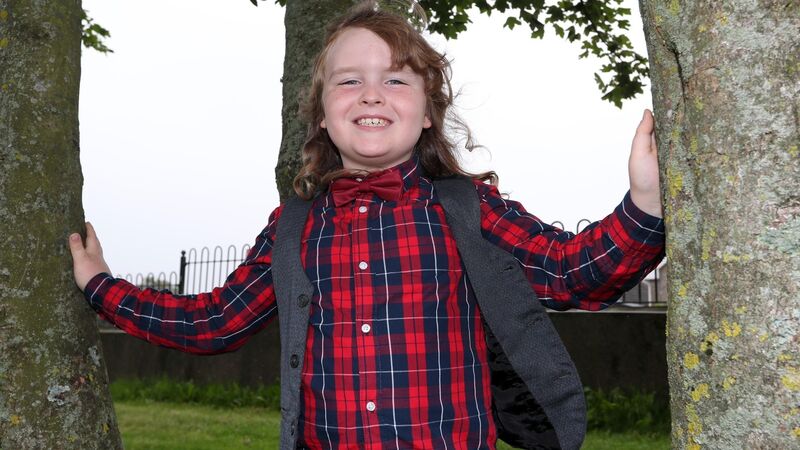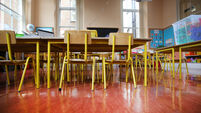Back to school: What about children with additional needs?

The return to school after the lockdown and the summer holidays will be fraught for pupils with special needs whose lives have been turned upside down due to the pandemic. Their daily routines — particularly important for children on the autism spectrum — went out the window and they also missed the social interaction at school.
Sixteen-year-old Cathal O'Neill, whose primary disability is spina bifida, is a pupil at the School of the Divine Child at the Lavanagh Centre in Ballintemple, Cork. Cathal "thrives" at this special school, says his mother, Pauline.










